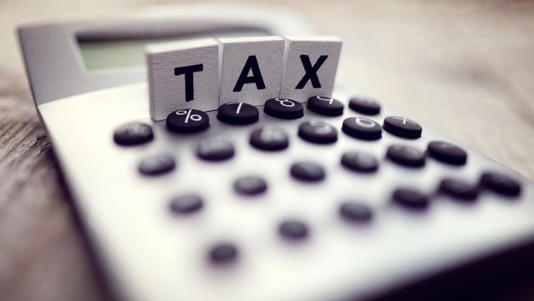Canadians, listen up! There’s a tax break that most of us overlook, but it could put thousands of dollars back in your pocket each year. It’s time to stop missing out and start maximizing your savings. Let’s dive into the details of this often-forgotten gem offered by the Canada Revenue Agency (CRA): the Medical Expense Tax Credit.
What Is the Medical Expense Tax Credit?
When we think of tax breaks, we often focus on big-ticket items or complex strategies. But sometimes, it’s the everyday things that make a significant impact. The Medical Expense Tax Credit is one such example.
Here’s the scoop: This credit allows you to reduce your taxes owed based on eligible medical expenses incurred for yourself, your spouse, common-law partner, or dependent child under 18. And the list of eligible expenses is surprisingly diverse:
- Prescription Medications: If you’ve paid for prescription drugs out of pocket, you can claim those expenses.
- Medical Devices Not Covered by Insurance: Did you buy a necessary medical device that insurance didn’t cover? You can include it.
- Ambulance Services Fees: Those emergency rides can add up, but they’re eligible for the credit.
- Treatments for Mental or Physical Disabilities: Whether it’s therapy sessions or specialized treatments, these qualify.
- Laser Eye Surgery: Yes, even that counts!
- Weight Loss Surgery: If you’ve undergone weight loss surgery, it’s an eligible expense.
How Does It Work?
To claim the Medical Expense Tax Credit, keep these points in mind:
- Timing: The expenses must have occurred during the 12-month period ending in the current tax year.
- No Double-Dipping: You can’t claim expenses that were already deducted in a previous tax year.
- Receipts Matter: Keep all your receipts. You’ll need them to prove your expenses.
- The Catch: You can only claim medical expenses that exceed the greater of:
- The 2024 fixed amount of $2,759, or
- 3% of your net income (as reported on line 23,600 of your tax return).
Example: Crunching the Numbers
Let’s say your net income is $50,000. Calculating 3% of that gives you $1,500. Since the fixed amount of $2,759 is greater, you can claim the full $2,759. If your medical expenses reach $3,000, you’ll only pay $241 out of pocket!
Don’t Miss Out!
Remember, this tax break is for everyone, not just those with serious health conditions. So gather your receipts, talk to your accountant, and make sure you’re taking advantage of the Medical Expense Tax Credit. It’s a simple way to turn your health expenses into more money in your pocket for 2024.



Comments
Post a Comment